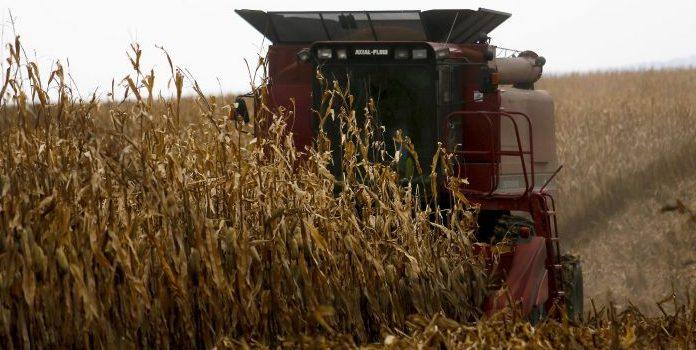(Headline USA) Inflation is affecting all Illinoisans, but more so in rural areas of the state because of high fuel and energy prices.
The price of gas and diesel has negatively affected the farming community, but also the people who have to drive long distances to work, school or the grocery store.
A recent analysis from Iowa State University found that it costs rural households $2,500 more a year to pay for gasoline than it did two years ago.
The Federal Reserve’s preferred inflation gauge accelerated more than expected in June, according to new data released on July 29, a worrisome sign as central bankers try to combat higher prices with the steepest interest rate hikes in decades.
William Polley, an economics professor at Western Illinois University-Quad Cities, said this is a tricky situation for the Federal Reserve this time around.
“That is a challenge this time that is a little bit different compared to the 1970s, and the fact that it is energy and food, does affect people in rural areas quite a bit, maybe disproportionately compared to urban areas,” Polley said.
According to Illinois Policy, because of inflation, Illinoisans are paying $522 more for the same grocery items they bought last year.
Food prices have risen by over 12% from June 2021 to June 2022, hitting many Illinois families hard.
Economists worry that some in rural Illinois will begin taking out home equity lines of credit because the value of their homes has increased, a strategy that could backfire if home prices fall back down and the homeowner’s mortgage is underwater.
This winter could be difficult for rural residents who heat their homes with petroleum or propane as those prices have escalated as well.
Polley said he doesn’t think that the country is in a recession right now, despite two consecutive quarters of declining GDP, which is the definition of a recession.
“I do think that a recession beginning by the end of the year is definitely in the realm of possibility,” Polley said.
He adds that job losses would follow, a lagging indicator that the country is in a recession.
Adapted from reporting by the Center Square

